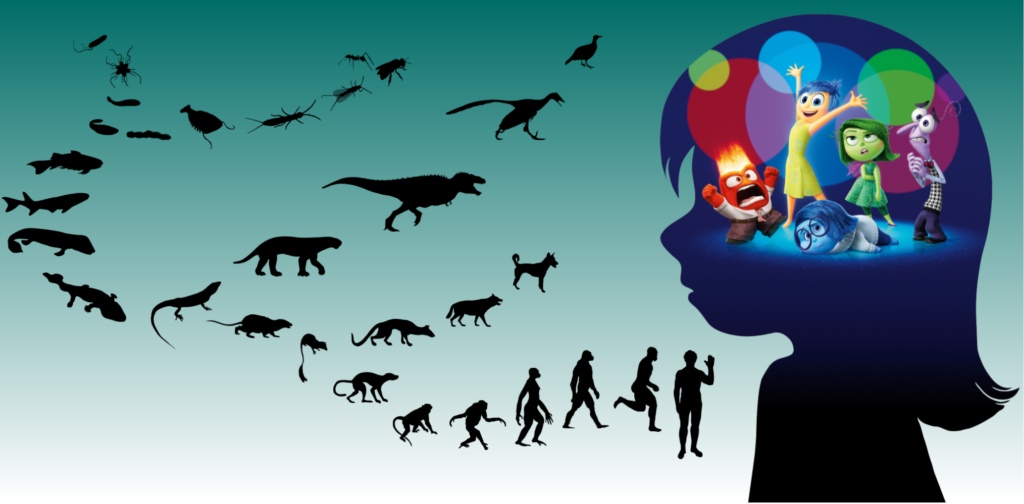Use culturally competent teaching practices
Use culturally competent teaching practices especially (but not only) when engaging students with diverse or potentially conflicting beliefs with scientific perspectives.
Use culturally competent teaching practices Read More »



